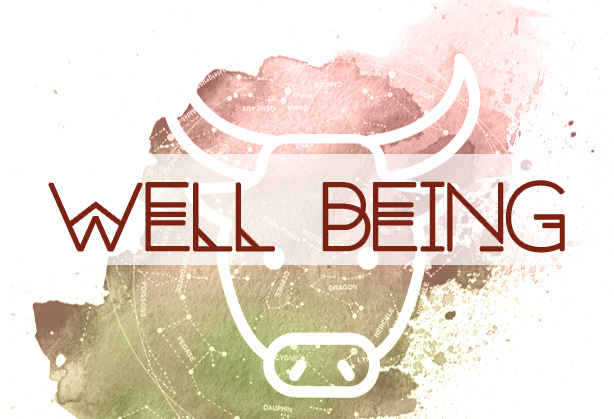Navigating the Path to Forgiveness
When someone has crossed a line and caused you significant hurt, it can be incredibly challenging to move past that moment. The emotional weight of such experiences often lingers, making forgiveness feel like an insurmountable task. However, there are moments when the opportunity for reconciliation presents itself, offering a chance to heal and grow.
Today, you might find yourself in a situation where someone from your past is reaching out with the intention of making amends. This could be a former romantic partner who still holds feelings for you or a business associate who once made a mistake that affected your professional life. Regardless of the nature of the relationship, this gesture could be the beginning of a more positive and healthier dynamic moving forward.
Tolong support kita ya,
Cukup klik ini aja: https://indonesiacrowd.com/support-bonus/
It’s important to approach this situation with care and thoughtfulness. While the initial reaction might be to push the person away, taking a step back to assess the situation can lead to a more constructive outcome. Consider what your true feelings are and whether you’re ready to engage in a conversation that could potentially lead to resolution.
Steps to Take When Reaching Out
-
Reflect on Your Emotions: Before responding, take time to understand your own feelings. Are you open to reconciliation, or is there still unresolved pain? Being honest with yourself can help guide your actions.
-
Evaluate the Intentions of the Other Person: It’s crucial to determine if the person genuinely wants to make amends or if they are simply trying to avoid consequences. A sincere apology often comes with accountability and a willingness to change.
-
Set Boundaries: If you decide to engage in a conversation, establish clear boundaries. Let the other person know what you are comfortable with and what you expect from the interaction.
-
Communicate Openly: Express your thoughts and feelings honestly. This can help both parties understand each other better and pave the way for healing.
-
Consider the Outcome: Think about what you hope to achieve from this interaction. Is it closure, understanding, or a new beginning? Knowing your goals can help you navigate the conversation more effectively.
In some cases, forgiveness may not come easily, and that’s okay. Healing is a personal journey, and it’s essential to prioritize your well-being. If the situation doesn’t feel right, it’s perfectly valid to walk away and focus on your own growth.
Ultimately, the decision to forgive or not is deeply personal. It’s about finding peace within yourself and determining what is best for your future. Whether you choose to reconnect with someone from your past or move forward independently, the key is to approach the situation with clarity and compassion.







